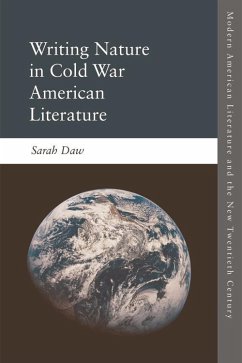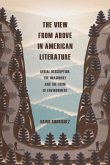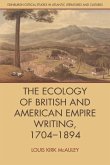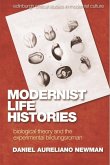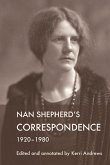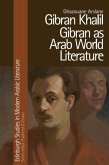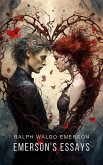First book-length ecocritical study of Cold War American literatureCompelling analyses of the function and representation of Nature in a wide range of Cold War fiction and poetry by authors including Paul Bowles, J. D. Salinger, Jack Kerouac, Allen Ginsberg and Mary McCarthy reveals the prevalence of portrayals of Nature as an infinite, interdependent system in American literature written between 1945 and 1971. Daw astutely highlights the Cold War's often overlooked role in environmental history and argues that Rachel Carson's Silent Spring (1962) can be considered as part of a trend of increasingly ecological depictions of Nature in literature written after 1945. By exploring the most recent developments in the field of ecocriticism, the book is embedded within current ecocritical debates concerning the Anthropocene and anthropogenic climate change. Key FeaturesContains five case studies of six Cold War writers: Paul Bowles, Peggy Pond Church, J. D. Salinger, Jack Kerouac, Allen Ginsberg and Mary McCarthy Offers an in-depth exploration of the influences behind each writer's presentation of NatureShows the Cold War to be a time of seismic change in the human's relationship to the environment, and demonstrates the degree to which this inflects Cold War literatureEngages with the most recent developments in the field of ecocriticism, which drive the study's analytical methodology and embed the book within current ecocritical debates
Dieser Download kann aus rechtlichen Gründen nur mit Rechnungsadresse in A, B, BG, CY, CZ, D, DK, EW, E, FIN, F, GR, HR, H, IRL, I, LT, L, LR, M, NL, PL, P, R, S, SLO, SK ausgeliefert werden.

